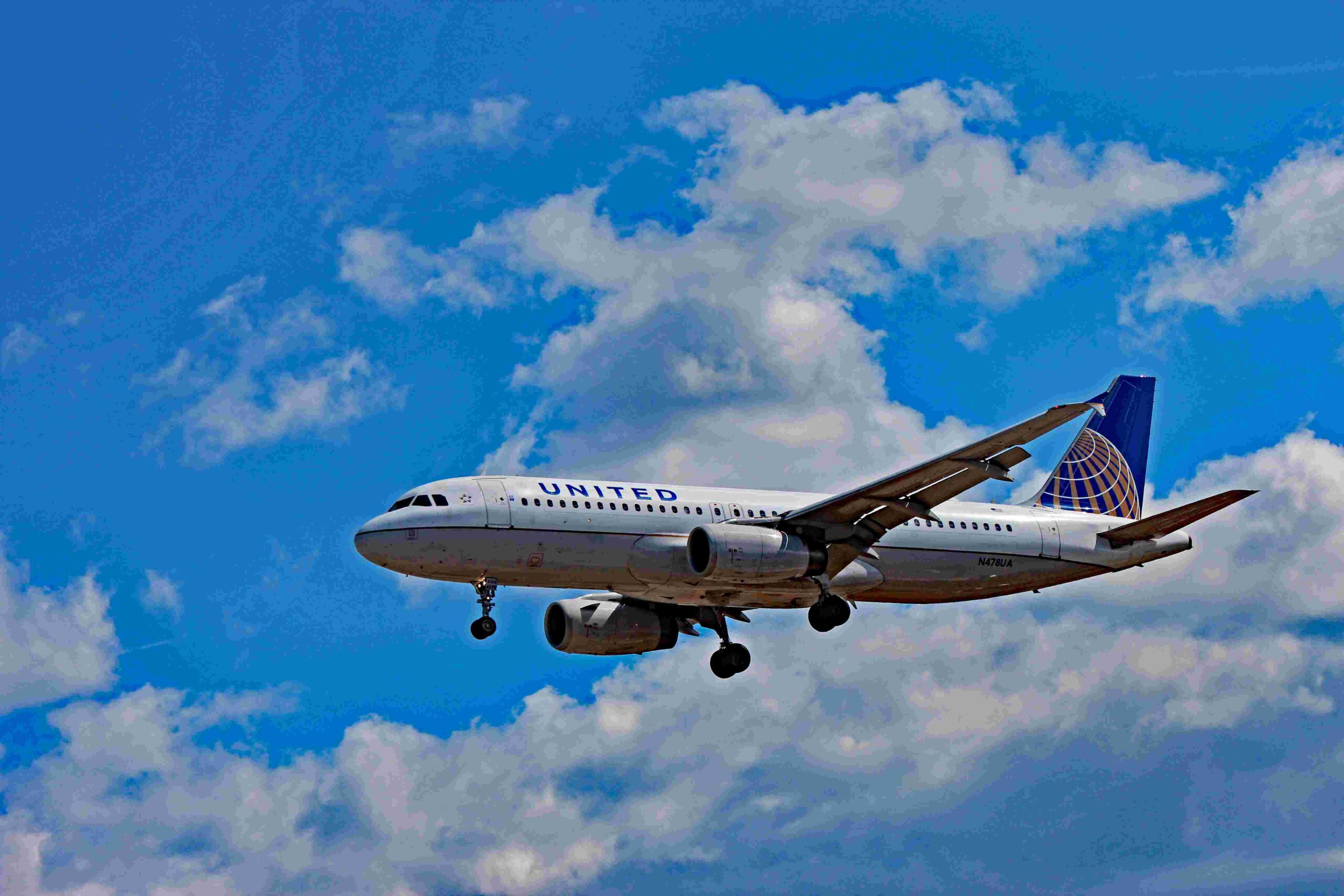United Airlines is set to reduce its domestic flight capacity by 4% starting in July 2025, responding to softening travel demand and growing economic uncertainty. The airline cites challenges posed by President Donald Trump’s ongoing trade policies, which have impacted business and consumer confidence. To navigate the unpredictable economic landscape, United has provided two financial outlooks: a favorable scenario projecting profits up to $13.50 per share, and a recessionary scenario with earnings projected at $7 to $9 per share.
In addition to cutting capacity, United plans to reduce off-peak flights and retire 21 aircraft earlier than scheduled, aiming to save $100 million in engine maintenance costs. Despite these adjustments, the airline reported first-quarter earnings of $0.91 per share, surpassing analyst expectations of $0.74, leading to a stock increase of up to 6% in after-hours trading.
While domestic demand faces headwinds, United notes that international and premium travel segments remain robust. Forward bookings for premium cabins have increased by 17%, and international bookings are up 5% year-over-year. This trend suggests that higher-end travelers continue to drive revenue, even as broader economic indicators signal caution.
United’s proactive measures reflect a broader industry trend, with other major carriers like Delta and Frontier also scaling back expectations amid weakened travel demand. The airline industry continues to monitor economic developments closely, adjusting strategies to maintain profitability in a challenging environment.


